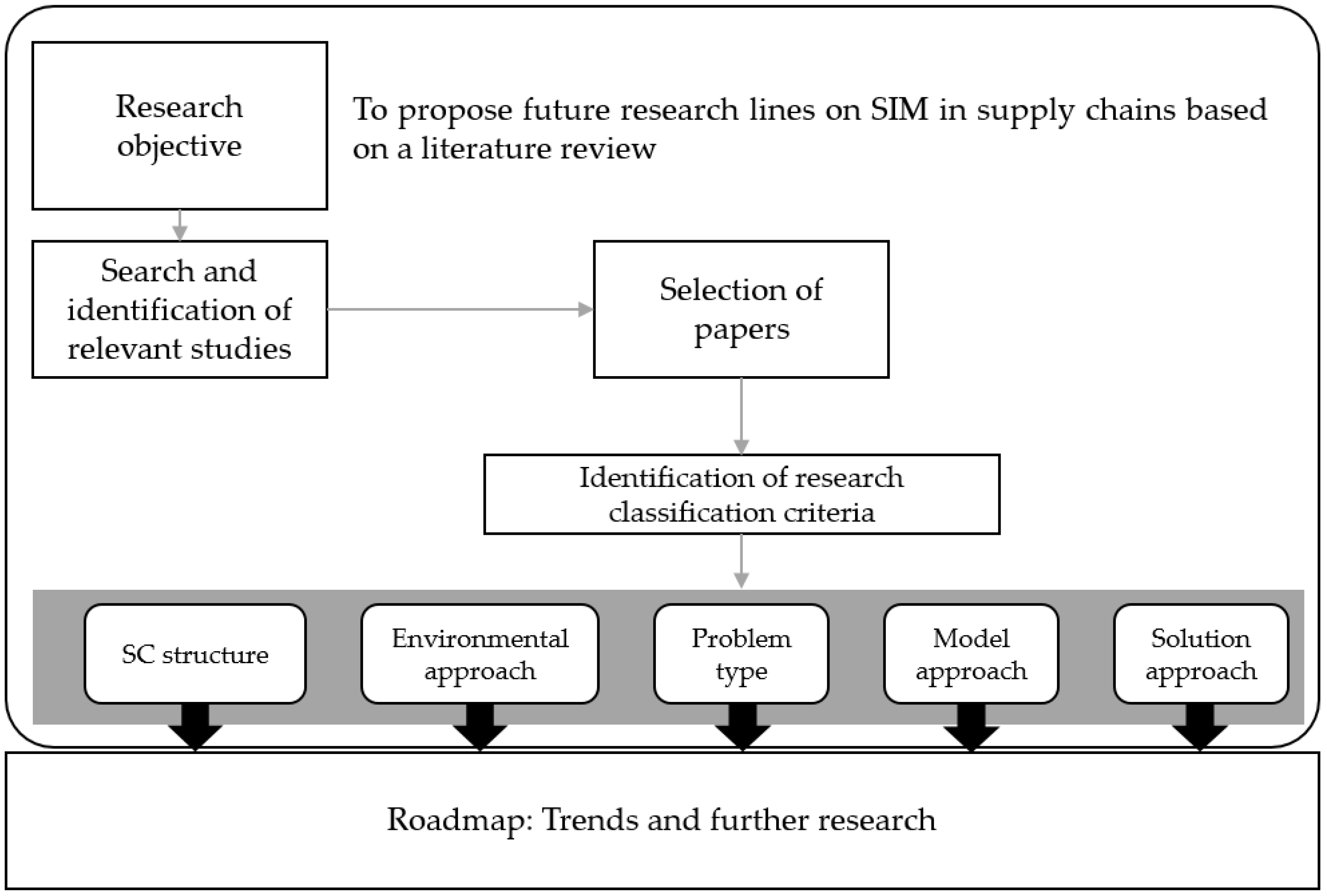Maximizing Efficiency with Strategic Inventory Management
In today’s fast-paced business environment, companies are constantly looking for ways to improve efficiency and reduce waste. One key area where organizations can make a significant impact is through strategic inventory management. By carefully managing their inventory levels, companies can optimize their operations, reduce costs, and drive sustainability initiatives.
Effective inventory management is crucial for businesses of all sizes, from small startups to large corporations. By maintaining the right balance of inventory, companies can ensure that they have enough stock on hand to meet customer demand, without overstocking and tying up valuable resources. Strategic inventory management involves forecasting demand, monitoring stock levels, and implementing systems and processes to ensure that inventory is always in the right place at the right time.
By maximizing efficiency with strategic inventory management, companies can reduce waste and improve their bottom line. When inventory levels are too high, companies risk excess stock going to waste or becoming obsolete. On the other hand, when inventory levels are too low, companies risk stockouts, missed sales opportunities, and dissatisfied customers. By carefully managing inventory levels and optimizing supply chain processes, companies can minimize waste, reduce costs, and improve overall efficiency.
Strategic inventory management also plays a critical role in driving sustainability initiatives. By reducing excess inventory and waste, companies can minimize their environmental impact and contribute to a more sustainable future. Sustainable inventory management practices include optimizing transportation routes, reducing packaging waste, and implementing green packaging solutions. By incorporating sustainability into their inventory management strategies, companies can align their business goals with their environmental values and make a positive impact on the planet.

Image Source: mdpi.com
In addition to driving sustainability initiatives, strategic inventory management can also help companies improve their overall business performance. By optimizing inventory levels and streamlining supply chain processes, companies can reduce operating costs, improve cash flow, and increase profitability. Efficient inventory management allows companies to make better-informed decisions, respond quickly to changes in demand, and adapt to market fluctuations. By maximizing efficiency with strategic inventory management, companies can gain a competitive edge and position themselves for long-term success.
One key aspect of strategic inventory management is the use of technology and data analytics. By leveraging advanced inventory management software and analytics tools, companies can gain real-time visibility into their inventory levels, track performance metrics, and identify opportunities for improvement. By analyzing data on sales trends, lead times, and supplier performance, companies can make more informed decisions about inventory planning, purchasing, and replenishment.
Another critical component of strategic inventory management is collaboration and communication. By fostering strong partnerships with suppliers, customers, and internal stakeholders, companies can streamline processes, improve visibility, and enhance overall efficiency. By working closely with suppliers to optimize lead times and reduce costs, companies can improve inventory turnover rates and reduce stockouts. By collaborating with customers to forecast demand and plan promotions, companies can minimize excess inventory and improve customer satisfaction.
In conclusion, maximizing efficiency with strategic inventory management is essential for driving sustainability initiatives and improving overall business performance. By carefully managing inventory levels, optimizing supply chain processes, and leveraging technology and data analytics, companies can reduce waste, minimize costs, and make a positive impact on the planet. By incorporating sustainability into their inventory management strategies, companies can align their business goals with their environmental values and position themselves for long-term success.
Sustainability Success Starts with Inventory Solutions
As businesses worldwide continue to prioritize sustainability initiatives, one key factor that often gets overlooked is the critical role of inventory management in driving these efforts. From minimizing waste to reducing carbon footprint, effective inventory solutions play a vital role in achieving sustainability goals.
The traditional approach to inventory management often focuses solely on optimizing efficiency and reducing costs. While these are important factors, sustainability goes beyond just financial considerations. It’s about creating long-term value while minimizing environmental impact. By incorporating sustainability principles into inventory management practices, businesses can make a significant positive impact on the planet.
One of the key ways inventory solutions can contribute to sustainability is by reducing waste. Excess inventory can lead to spoilage, obsolescence, and ultimately, waste. By implementing demand forecasting tools and just-in-time inventory practices, businesses can minimize the amount of excess inventory they hold, thereby reducing the amount of waste generated. This not only benefits the environment but also helps companies save on disposal costs.
In addition to reducing waste, inventory solutions can also help businesses reduce their carbon footprint. Transportation is a major contributor to greenhouse gas emissions, and inefficient inventory management practices can lead to unnecessary transportation of goods. By optimizing inventory levels and streamlining supply chain processes, businesses can reduce the number of shipments and miles traveled, thereby decreasing their carbon emissions.
Furthermore, sustainable inventory management practices can also help businesses improve their overall efficiency. By accurately tracking inventory levels and demand patterns, businesses can avoid stockouts and overstock situations, leading to better customer satisfaction and increased profitability. This efficiency not only benefits the bottom line but also helps reduce the resources consumed in the production and transportation of goods.
Another important aspect of sustainability that inventory solutions can address is ethical sourcing. By implementing traceability tools and supply chain transparency measures, businesses can ensure that the products they sell are ethically sourced and produced. This not only helps businesses build trust with consumers but also ensures that workers are treated fairly and environmental standards are upheld throughout the supply chain.
In conclusion, the critical role of inventory management in driving sustainability initiatives cannot be overstated. By incorporating sustainability principles into inventory solutions, businesses can reduce waste, minimize their carbon footprint, improve efficiency, and ensure ethical sourcing practices. Ultimately, sustainable inventory management not only benefits the planet but also contributes to long-term business success. So, next time you think about sustainability, don’t forget to consider the impact of your inventory management practices.
The Role of Inventory Management in Sustainability